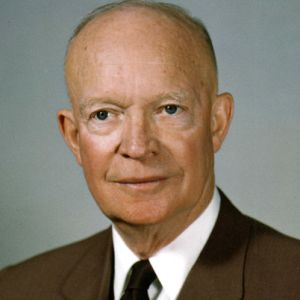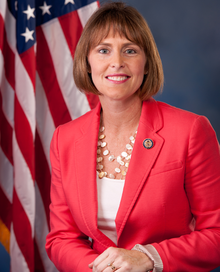
Stop and smell the Cuban coffee
As he departed the presidency in 1961, Dwight D. Eisenhower summarized the foreign policy accomplishments of his administration. Ending the Korean War and preserving peace in the Middle East were among them. But, he also noted a few of the world’s continuing dangers, starting with what he called the “Communist penetration of Cuba” which he labeled a real and serious threat.

Defining the challenges of his final year in office, President Obama used his last State of the Union address to make his most forceful appeal to Congress to “lift the embargo” on Cuba since he announced the new U.S. policy toward Cuba in December 2014.
“Fifty years of isolating Cuba,” he said, “had failed to promote democracy, setting us back in Latin America. That’s why we restored diplomatic relations, opened the door to travel and commerce, and positioned ourselves to improve the lives of the Cuban people. You want to consolidate our leadership and credibility in the hemisphere? Recognize that the Cold War is over. Lift the embargo.”
Congress had heard the appeal before; during last year’s address, after explaining the purpose behind his shift in policy, the President said, “Congress should begin the work of ending the embargo.”
Tuesday night he hit it harder – making it two years in a row that he urged Congress to take down what presidents dating back to Eisenhower had built up.
[Click here to watch the State of the Union.]
Everything is happening so fast. Our compassion, concerns, and anxieties are pulled in a dozen different directions. But, isn’t this a time when we could stop and admire the beauty of this historical moment?
Two years in a row a U.S. president actually said the state of the union would be stronger by ending the embargo against Cuba. “The mere knowledge that such a work could be created makes me twice the person I was,” Goethe said.
Tuesday night we felt that way, too; even more, after dozens of Members of Congress heard what the president said and rose from their seats to applaud. Stop for a minute and smell that coffee!

As we previously reported, there is majority, bipartisan support nationally for ending the embargo, including among Floridians and Cuban Americans. With Congress hesitant to act, the upcoming election, and the impending close of President Obama’s second term, there is a greater sense of urgency in Washington and Havana to push Cuba policy forward in 2016.
In just a few weeks, Representatives Tom Emmer (MN-6) and Kathy Castor (FL-14), lead sponsors of legislation to repeal the trade embargo, are bringing a partisan delegation from the U.S. Congress to visit Cuba to build support for opening travel and trade relations with Cuba among the new or uncommitted colleagues who will accompany them.
Aside from the difficult task of adopting such sweeping legislation in an election year, diplomacy has brought changes to the U.S.-Cuba relationship, such as the restoration of commercial airline service, direct mail service, and direct phone service, and U.S. ports and U.S. businesses are seeking ways to use the new authorities granted by administration policies to create commercial relationships with Cuban counterparts. All of this builds on the policy opening in anticipation of a new president taking office in January 2017.
Josefina Vidal, who leads the Cuban side of the normalization talks, told the official Cuban News Agency that she’s “beginning to feel a certain bit of realism as the electoral process in the United States approaches; we don’t know what’s going to happen.”
Neither do we. But, just like Governor McAuliffe hit the accelerator of the 1957 Chevy he drove through the streets of Havana during his trade mission to Cuba last week, we’re part of a larger effort to encourage policymakers, business leaders, advocates and experts to wrench as much change as possible out of U.S. policy before the next president is sworn in. We have a year and hope to put it to good use.
(From Cuba Central)

